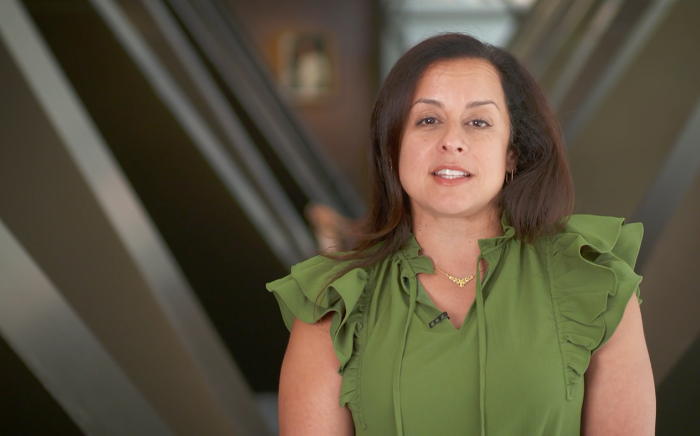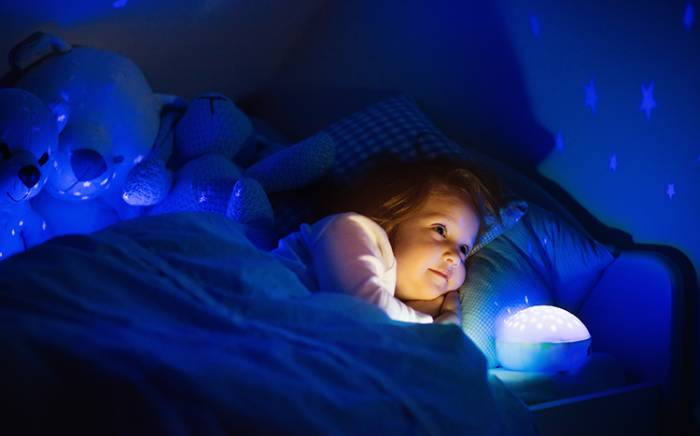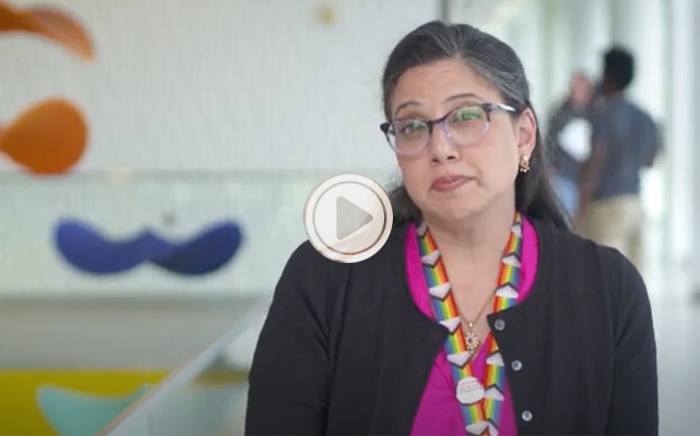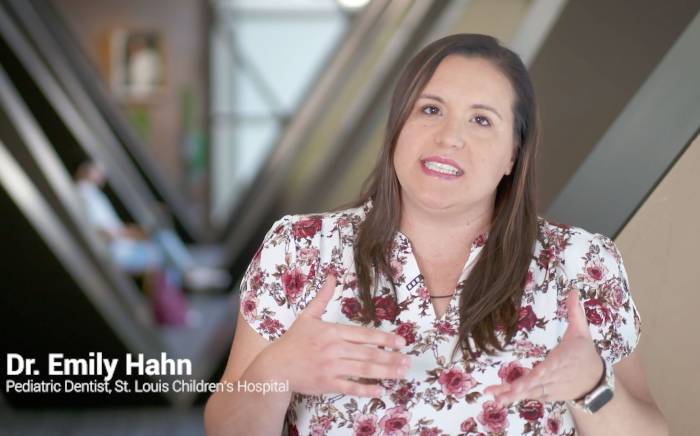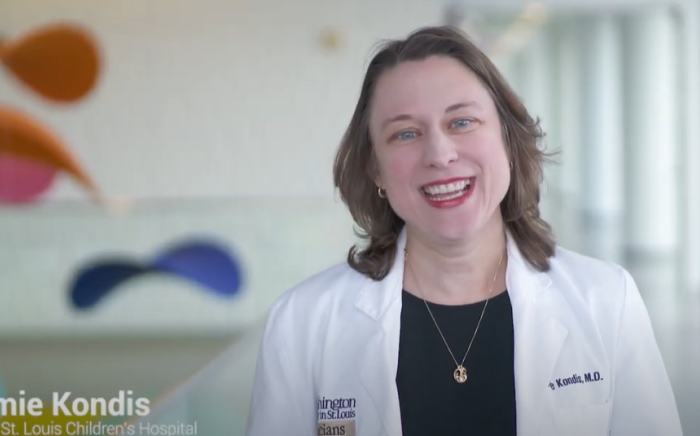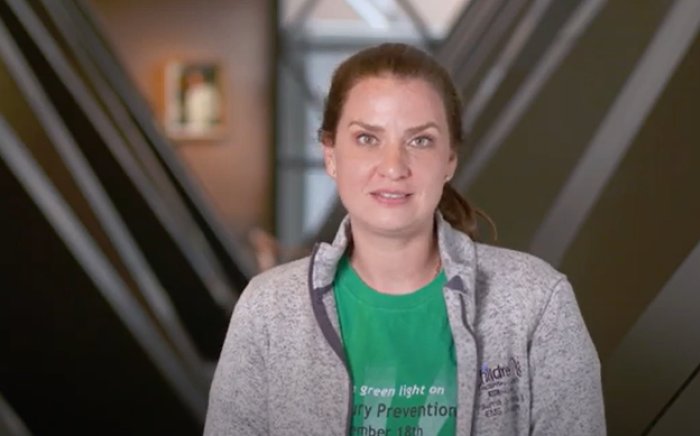Pneumonia causes more than 1 million hospitalizations in the United States every year. Still, many parents don’t understand what pneumonia is or what to do if their child has it.
Cassandra Pruitt, MD, a Washington University pediatric hospitalist at St. Louis Children’s Hospital, gives the scoop.
Q: Pneumonia or cold—how can you tell?
Dr. Pruitt: Pneumonia is an infection of the lungs. Because of this, pneumonia may cause labored, shallow or rapid breathing and can make your child feel much sicker than he would with a cold. With pneumonia, your child may not want food or liquids, and this may lead to dehydration.
Q: Are all cases of pneumonia the same?
Dr. Pruitt: No. It’s important to understand the difference between viral and bacterial pneumonia. Most cases of viral pneumonia can be treated at home. Bacterial pneumonia requires antibiotics and medical attention. Some cases of pneumonia may not make your child feel very sick, and all you may notice is persistent cough.
Q: How can parents protect their child from pneumonia?
Dr. Pruitt: One of the best ways to prevent pneumonia is by getting a flu shot, since many people acquire pneumonia after having the flu. The American Academy of Pediatrics also recommends children receive doses of pneumococcal vaccine at 2, 4, 6, and 12 to 15 months of age. Children should be taught to wash their hands regularly and avoid contact with other children who are sick.
Have questions about pneumonia? Contact the Center for Families Resource Library at St. Louis Children’s Hospital.





